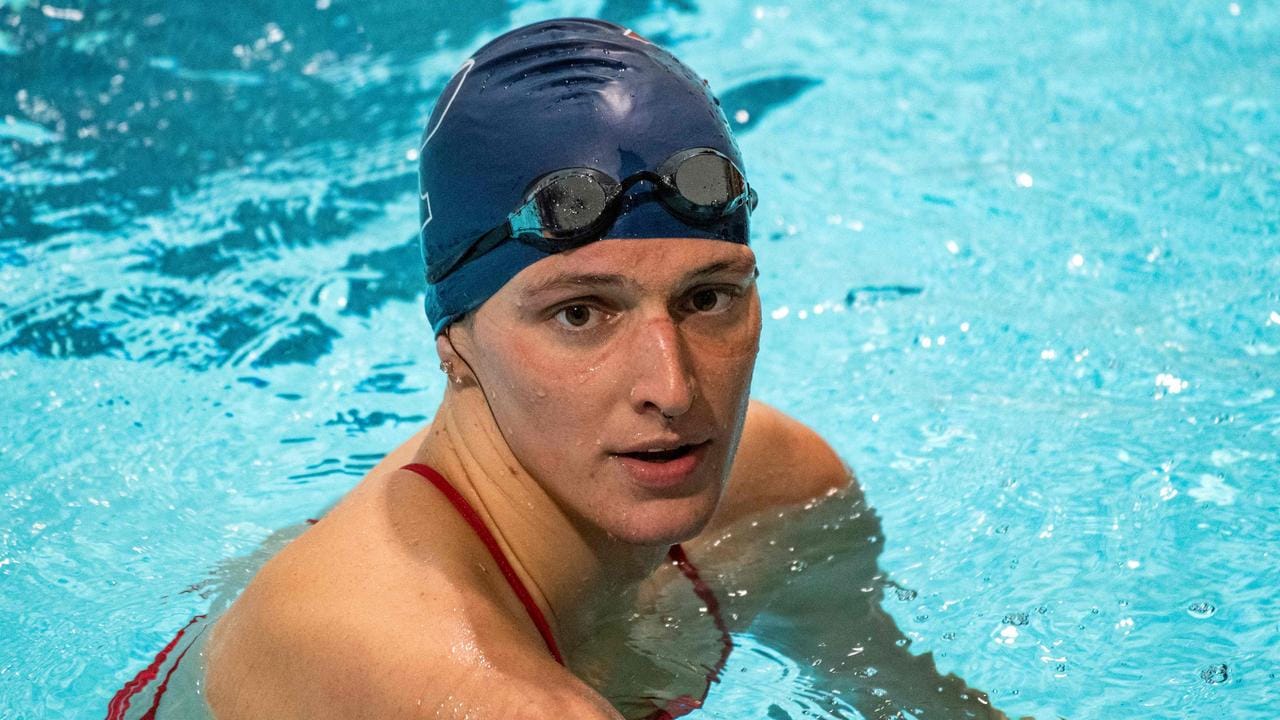University of Pennsylvania to ban trans athletes from competing in women’s sports

The University of Pennsylvania has agreed to ban trans athletes from competing in women’s sports, following a federal civil rights investigation prompted by the participation of trans swimmer Lia Thomas, who will now be stripped of her titles.
Texas-born Thomas began her swimming career with distinction, competing for the University of Pennsylvania’s men’s team for three seasons. In 2019, she commenced hormone replacement therapy after coming out as trans, and by the 2021–22 season, she met the NCAA’s eligibility criteria to compete in the women’s category. That season, Thomas made history by becoming the first openly trans athlete to win an NCAA Division I national title. She also broke several school records in women’s freestyle events.

Her success, however, sparked widespread controversy. Critics argued that trans women retain physiological advantages from male puberty, raising concerns about fairness in women’s sport. Supporters, meanwhile, emphasised the importance of inclusion and the right of trans individuals to compete in alignment with their gender identity.
The federal investigation concluded that the university’s policies had violated Title IX, a 1972 civil rights law that prohibits sex-based discrimination in educational institutions receiving federal funding. As part of the resolution, the university will revise its athletic records from the 2021–22 season to reflect current eligibility guidelines, restore titles and records to cisgender female athletes, and issue formal apologies to those affected. While the university did not confirm whether Thomas’s records would be erased, it stated that records would be updated to indicate who would hold them under the new rules.
"This administration is obsessed with making young people’s lives harder and scapegoating transgender people so they can attack independent institutions.”
The Department of Education also stipulated that the university must now adhere to “biology-based definitions” of male and female, in accordance with executive orders signed by President Donald Trump.
In a statement, the University of Pennsylvania acknowledged that its previous policies were consistent with NCAA guidelines at the time but conceded that some athletes may have been disadvantaged.
The Human Rights Campaign, a leading LGBTQ+ advocacy organisation, condemned the agreement, accusing the administration of targeting trans individuals and undermining student welfare. “The American people deserve a White House that is laser-focused on making sure every student thrives,” said spokesperson Brandon Wolf. “Instead, this administration is obsessed with making young people’s lives harder and scapegoating transgender people so they can attack independent institutions.”
Thomas, who has since graduated, has spoken candidly about her transition and the scrutiny she faced. “The biggest misconception, I think, is the reason I transitioned,” she told ABC and ESPN in 2022. “People will say, ‘Oh, she just transitioned so she would have an advantage, so she could win.’ I transitioned to be happy, to be true to myself.”
In 2024, Thomas sought to challenge international restrictions on trans athletes by filing a case with the Court of Arbitration for Sport in Switzerland. The court ultimately rejected her appeal, upholding a decision by World Aquatics to bar trans women from elite competition if they had undergone any part of male puberty.





Comments ()